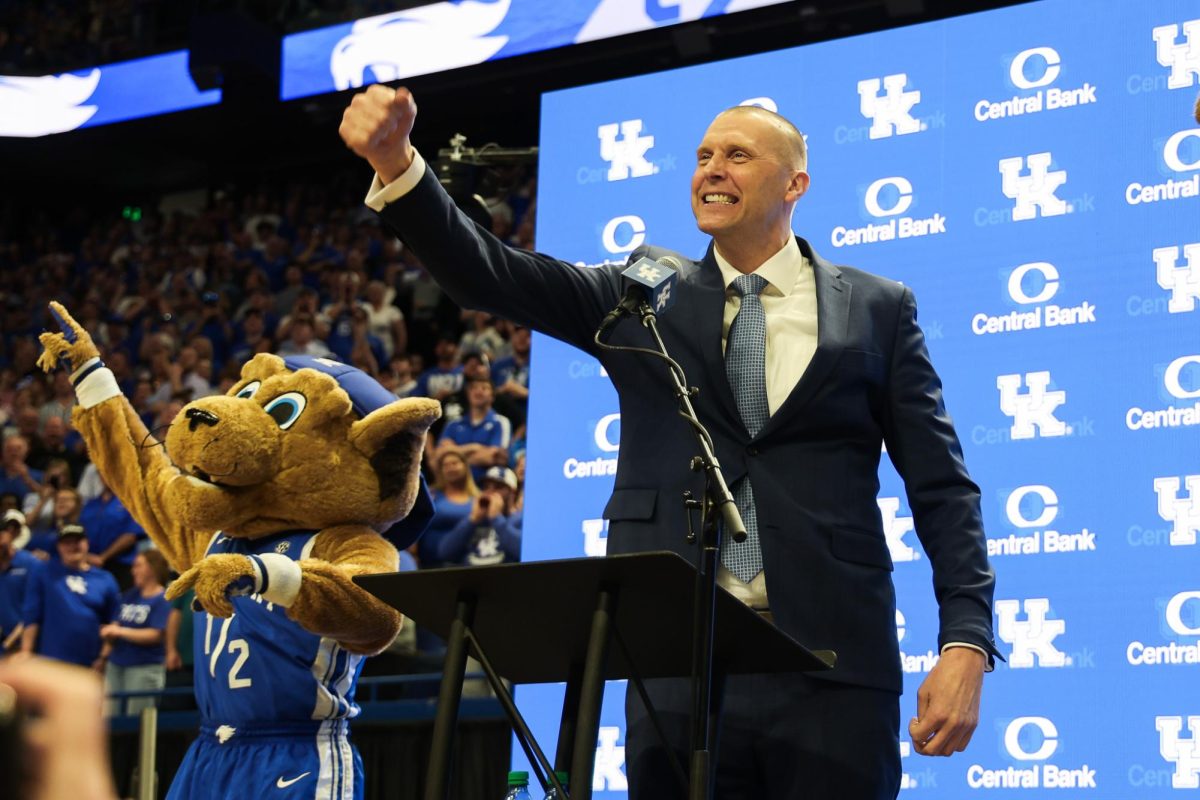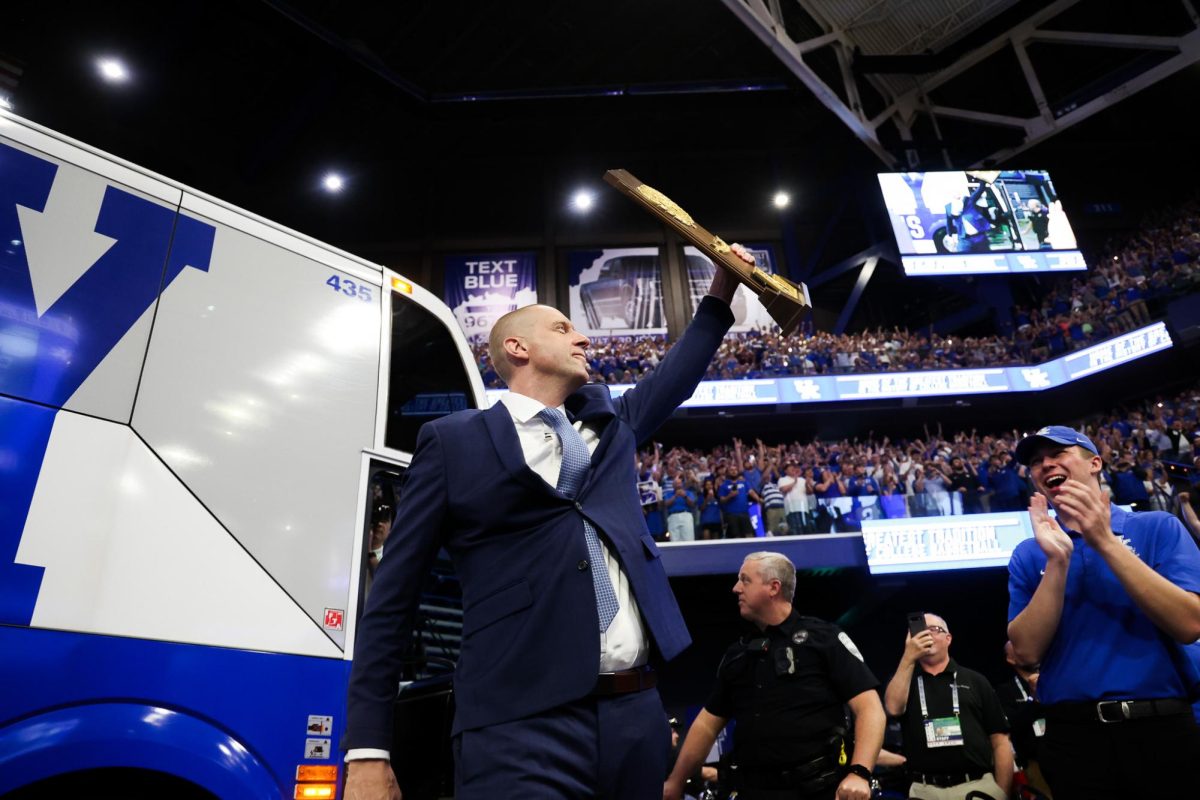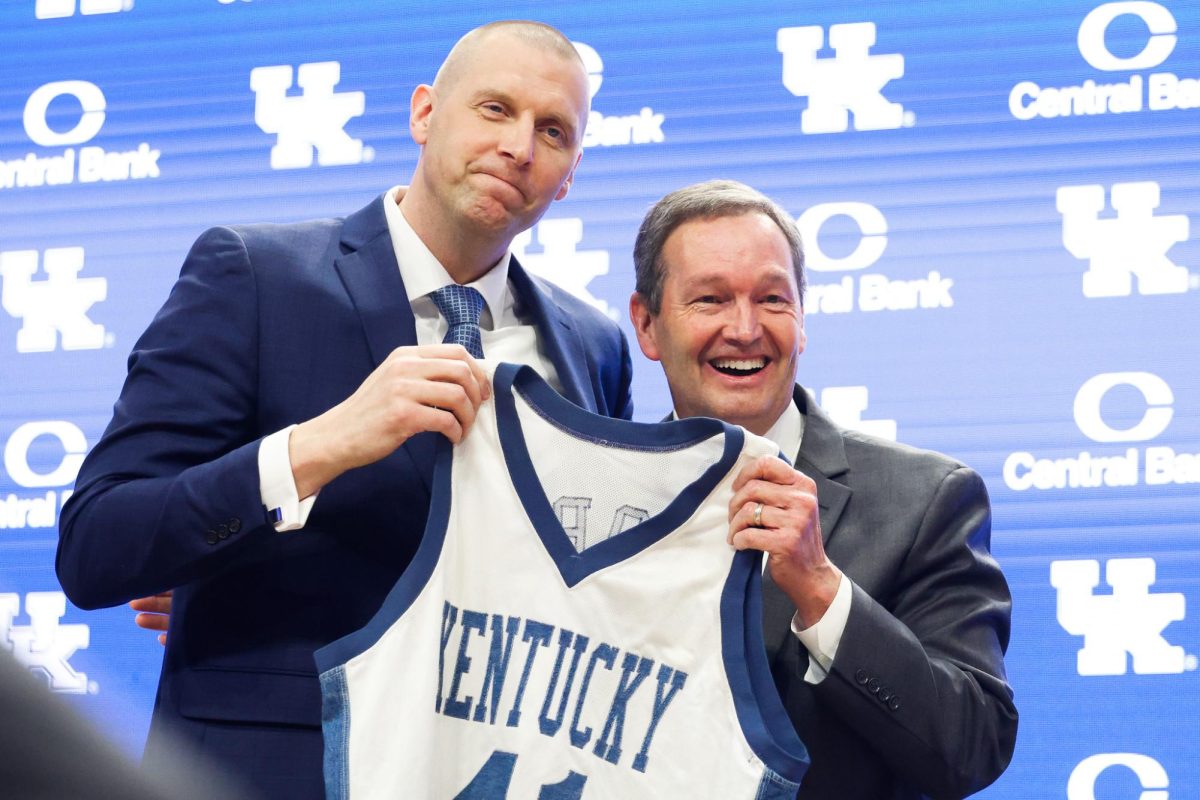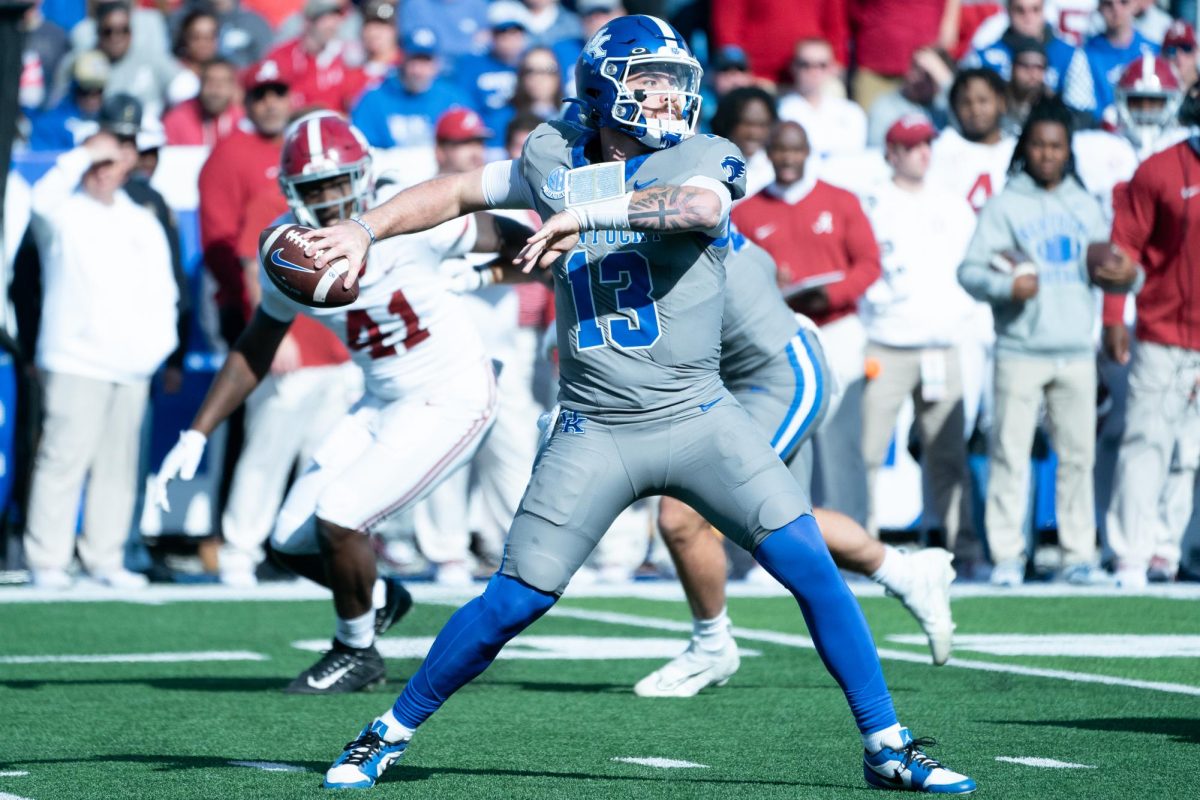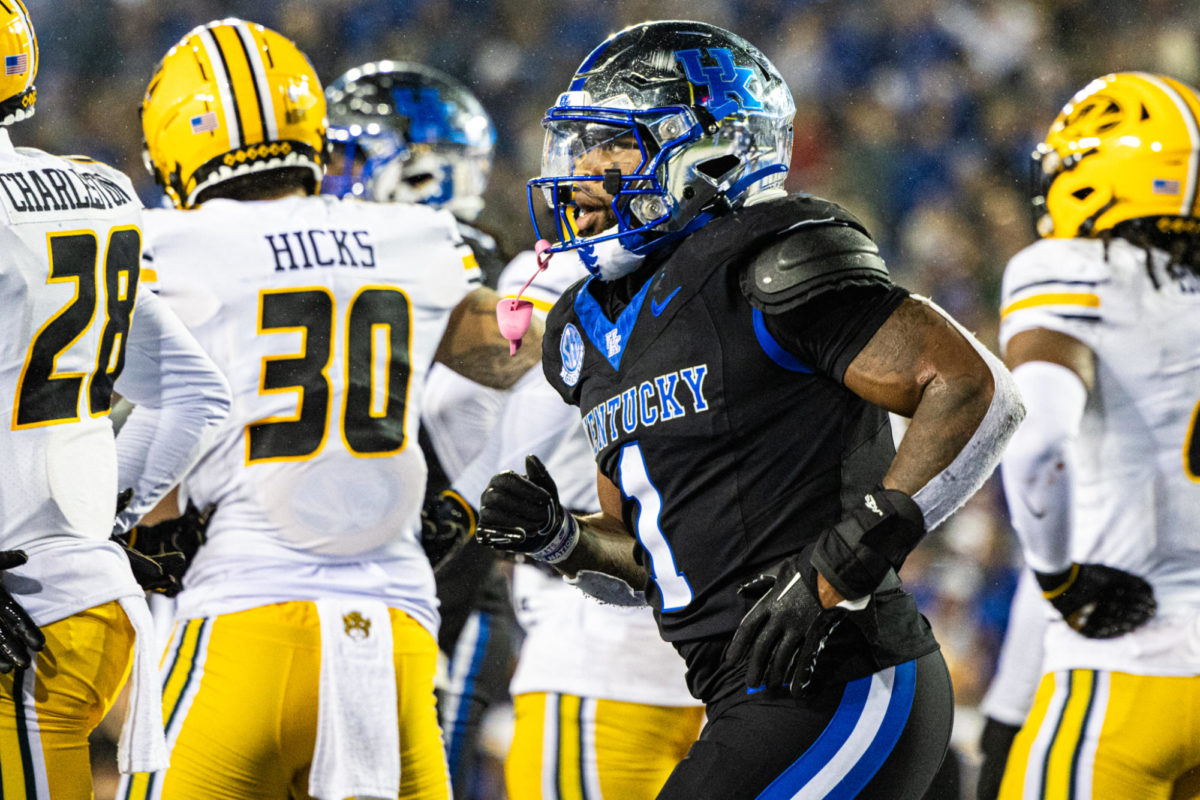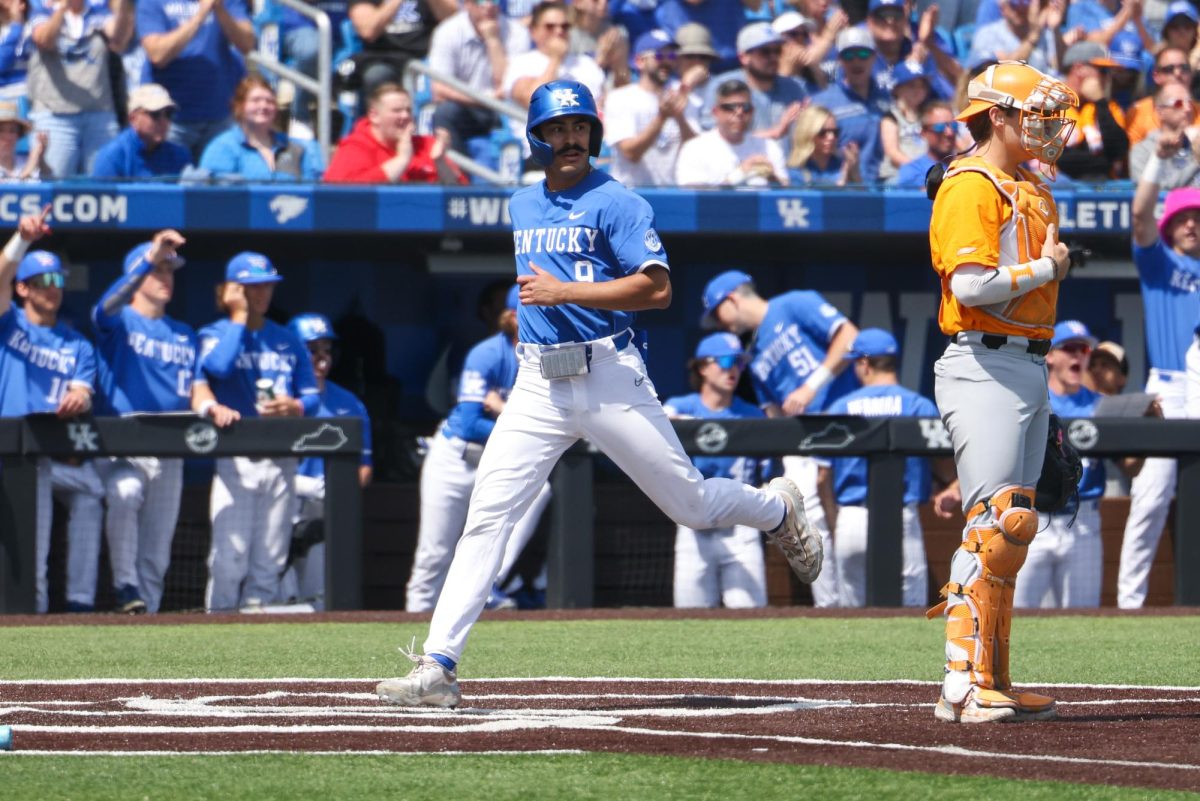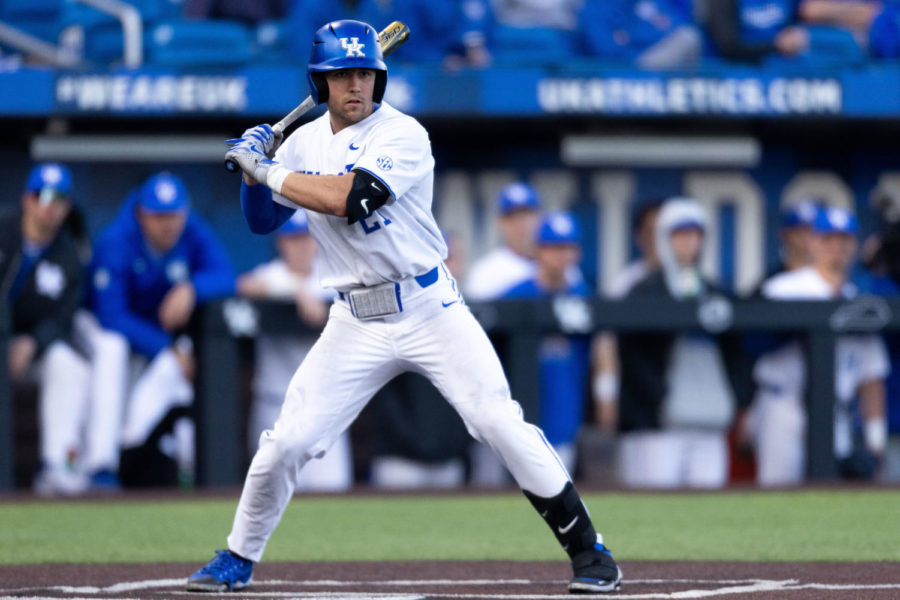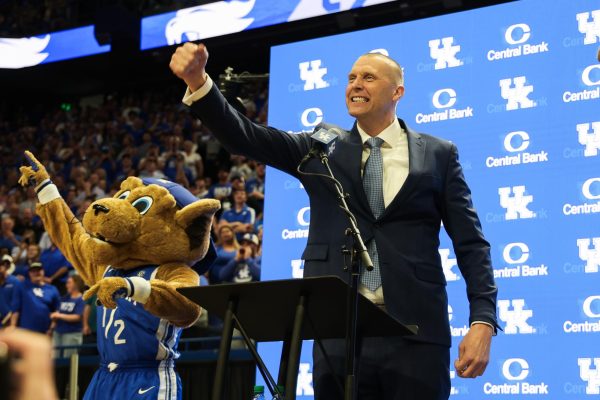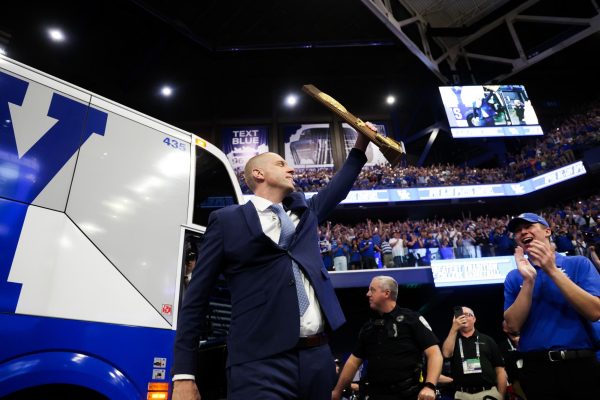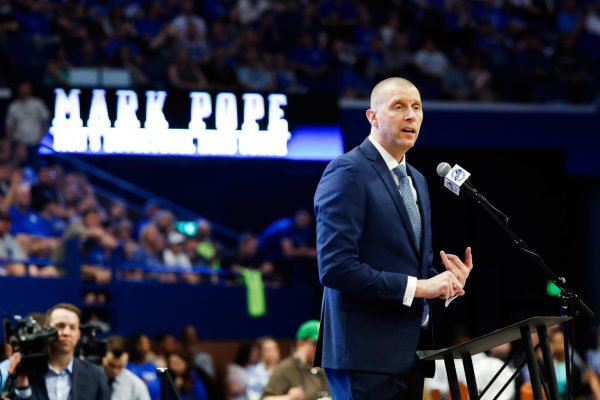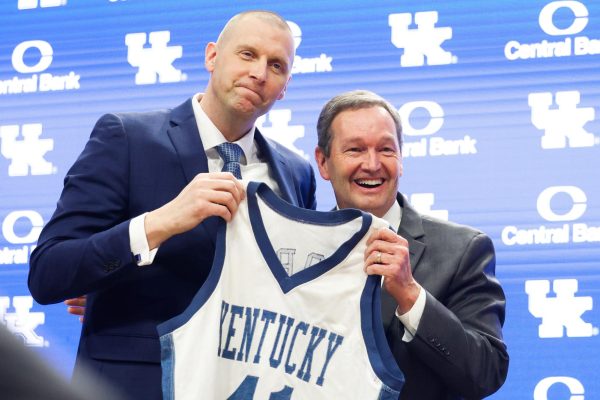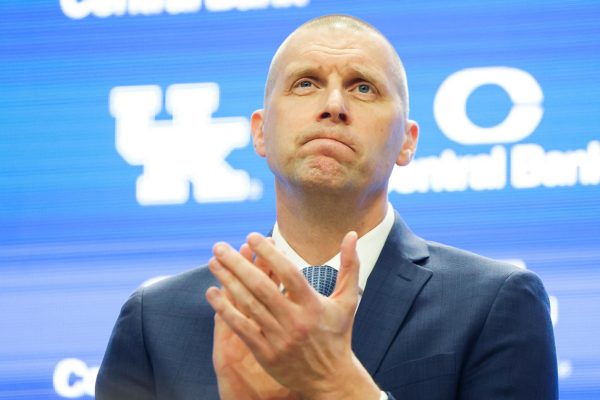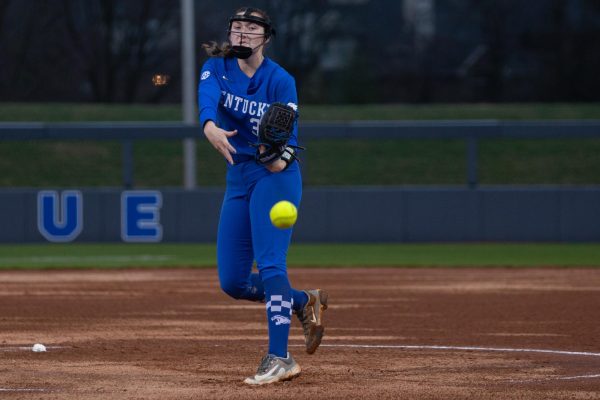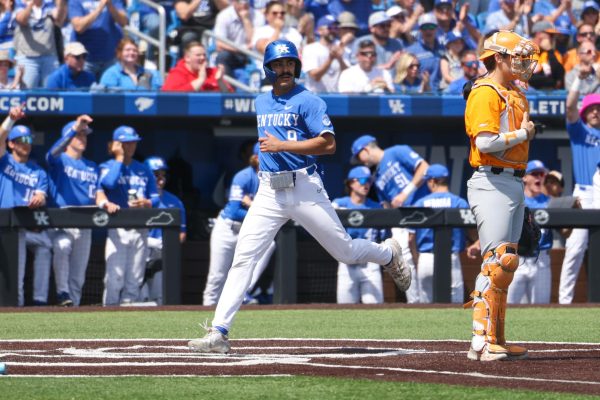The Rule of 68: Year Two
March 14, 2012
By David Schuh
The NCAA Tournament is the biggest event of the sports year. It draws the most viewers, the most money and the most excitement. It also has the ability to spark a great deal of controversy.
On the second Sunday of March, about 75 college teams gather around a television to see whether Greg Gumbel will call their name on the tournament Selection Show on CBS. And for years, too many teams felt like they were wrongfully left off the bracket.
So, in 2011, for the tenth time in its history, the tournament expanded. The field went from 65 teams to 68, adding two more play-in games to be played on the Tuesday and Wednesday before the opening round. The NCAA’s explanation was to allow more teams into the field, teams they had begun to feel did not deserve to be relegated to the NIT.
Two things are wrong with that philosophy.
First, it’s a means to a never-ending conclusion. The tournament expanded nine times previously for the very same reason. The tournament can be expanded ten more times, but until all 345 Division I schools are in, someone will always feel as though they deserved a spot over another team.
Secondly, the more you add, the weaker the field. The “bubble teams” have become worse and worse recently. The tournament committee has suddenly been given the task of picking which teams are the least-bad, not which team is most-deserving.
That’s not how this event should be decided. I understand the concept of the “Cinderella team,” and believe me it’s what makes the tournament magical ever year – the fact that all these teams truly believe they have a chance to shock the nation.
But there comes a point where enough is enough. If the trend continues, in five or ten years we are going to have some very bad basketball teams showing up on people’s brackets. That’s what the NIT is for. VCU in 2011 was a good team. Davidson in 2008 was a good team. As was George Mason in 2006.
To some degree, the expansion has been good. And the results have shown with some wildly exciting tournaments in recent years. But, it has to stop here. Before we know it, it won’t even take a winning record to ensure an at-large bid. The tournament is great. The fan enthusiasm is at an all-time high.
Let’s keep it that way.






































